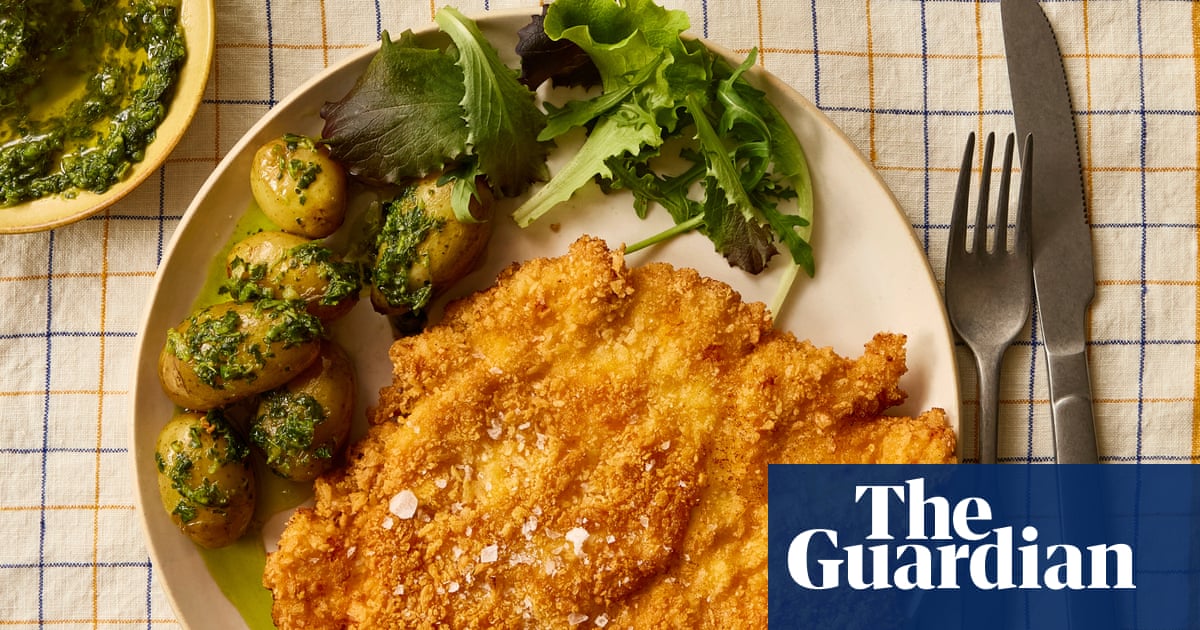In her landmark 1985 work, The Body in Pain, American essayist Elaine Scarry makes a case for the “unsharability” of pain and its resistance to language. “Physical pain,” she writes, “does not simply resist language but actively destroys it.” Sixty years earlier in On Being Ill, Virginia Woolf made her famous claim about how language “runs dry” when it comes to articulating illness. Both theories grapple with inexpressibility. Experiencing serious, persistent pain invokes many feelings: irritation, curiosity (what’s causing it?), fear (of something sinister) and ultimately the desire to eradicate it. The search for a diagnosis can be as debilitating as the condition itself. In Pathemata: Or, the Story of My Mouth, Maggie Nelson tries to solve the mystery of a longstanding health issue. “Each morning, it is as if my mouth has survived a war – it has protested, it has hidden, it has suffered.”
Nelson breadcrumbs backwards through teenage orthodontist visits, recurrent battles with tonsillitis and “tongue thrust” in an attempt to find the source of the problem. She diligently keeps records of appointments, medications and scans, lugging files between GPs and several dentists whose waiting rooms show slick testimonial videos. Written during the pandemic, this short work is also testament to the apocalyptic uncertainty that infused that time. Her partner is in a separate support bubble and Nelson makes several attempts to get their son vaccinated, her frustration palpable. When the child complains about her anger, she confesses: “I have never felt as angry as I’ve felt over the past two years.”
The locus of Pathemata (ancient Greek for “sufferings”) may be pain and the pandemic, but Nelson has never been a single-subject writer, even in books that professed to be singular, such as Jane: A Murder (the death of her aunt) or Bluets (the colour blue). In this thoughtful work, she excavates the duties of parenthood and care, bodies and ageing, loneliness and mortality. The narrative jumps in time, and the lines between reality, dreams and fiction blur.
Pain is as individual as a fingerprint, and yet Nelson wonders why “some people with bites more fucked up than mine have no pain, just like two people could have identical back MRIs but one can’t get out of bed and the other does CrossFit”. It is not lost on her that the mouth has a symbolic role in the life of the writer: someone whose job revolves round words, while the pain itself remains unamenable to language. Mandatory face covering during Covid brings a realisation of how many emotions are expressed with the mouth. Its visibility means it becomes a site of art: the rapidly moving lips of Beckett’s Not I or The Scream by Munch.
Nelson succumbs to the Covid routines of doomscrolling the news and watching beloved TV shows, but in the midst of social isolation, there is loneliness at home, too. Her partner eventually returns to the house and “each activity – popcorn popping, the clatter of violence on Netflix – floats into my bedroom – our bedroom – like a fresh abandonment”. The pandemic’s forced confinement also means that she has to say goodbye to a dying friend by phone. Heartbroken, she can’t stop hearing her friend’s voice saying her name. “No one will ever say my name like that again – no lover, no parent, no husband, no friend. The way she knew me died with her; from now on, I will be less loved, less known.”
In the search for answers, Nelson reads articles about how the pandemic has killed coincidence and moments of surprise. She feels that “magic is seeping out of my life”. Understandable in a time of enforced lockdowns, but there is a palpable link to getting older; that there is less time ahead than behind. Nelson’s work never does self-pity and she admits that this failure to summon magic “is uniquely my own”. Nostalgia was a balm for many during Covid, and amid the possibility of a future full of fear, Nelson recalls her school days, her thesis on Anne Sexton and Sylvia Plath and a beloved feminist theory teacher.
Structured in short paragraphs, the narrative repeatedly circles back to the implications and consequences of pain, and the disruption it causes. “Sometimes I wonder what I would have thought about all these years, if I hadn’t spent so much time thinking about the pain. Then I remember that I thought about a lot of other things as well.” For Nelson, a life of pain must coexist alongside the other roles she inhabits: of mother, teacher, lover.
The book’s full title comes from a phrase in ancient Greek meaning “learning through suffering”, which is not as simple as solving what Nelson calls “the pain puzzle”. The pain endured by martyrs and saints suggests penance or ecstasy, but Nelson is neither religious nor seeking absolution. In trying to untangle the problem of her own pain and her experience of disconnection, she invites us to reflect on ours. In outlining her suffering, she prompts us to imagine our own. The singular as metaphor for the collective, urging us to fully inhabit the lives we have, in spite of bodily interruptions, or global distractions.
after newsletter promotion

.png) 5 hours ago
5
5 hours ago
5













































